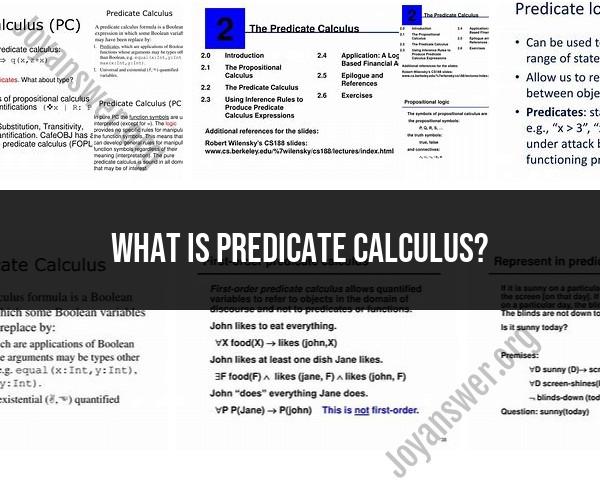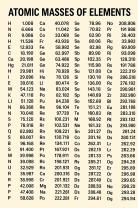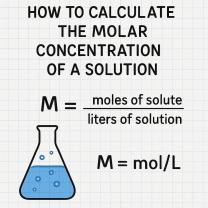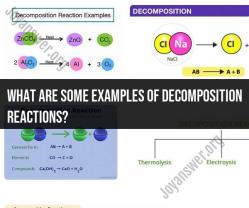What is predicate calculus?
Predicate calculus, also known as predicate logic or first-order logic, is a formal system of mathematical logic that extends propositional logic to deal with more complex and expressive statements. It is a fundamental part of mathematical logic and plays a crucial role in various areas of philosophy, mathematics, computer science, and artificial intelligence.
Predicate calculus introduces several key concepts:
Predicates: Predicates are statements or propositions that can be either true or false depending on the values of their variables. For example, "P(x)" might represent the statement "x is a prime number," where "x" is a variable.
Quantifiers: Predicate calculus introduces quantifiers, such as the universal quantifier (∀) and the existential quantifier (∃), which allow you to make statements about all elements or at least one element in a set. For example, "∀x P(x)" means "For all x, P(x) is true," and "∃x P(x)" means "There exists an x such that P(x) is true."
Variables: Predicate calculus uses variables (e.g., "x," "y") to represent elements in a domain of discourse. These variables can take on values from the domain.
Functions: Functions can be used to represent relationships between elements. For example, "F(x)" might represent "x is the father of y."
Connectives: Predicate calculus includes logical connectives such as "and" (∧), "or" (∨), "not" (¬), and "implies" (→) to build more complex statements from simpler ones.
Quantified Statements: Quantified statements are statements that involve quantifiers and predicates. For example, "∀x (P(x) → Q(x))" might mean "For all x, if P(x) is true, then Q(x) is true."
Predicate calculus provides a powerful and precise way to express and reason about statements involving variables, relations, and functions. It is widely used in formal mathematics for proofs and in computer science for defining data structures, specifying algorithms, and programming in languages that support formal logic, such as Prolog.
Predicate calculus is a foundational concept in the study of logic and is essential for understanding formal reasoning and problem-solving in various disciplines.












